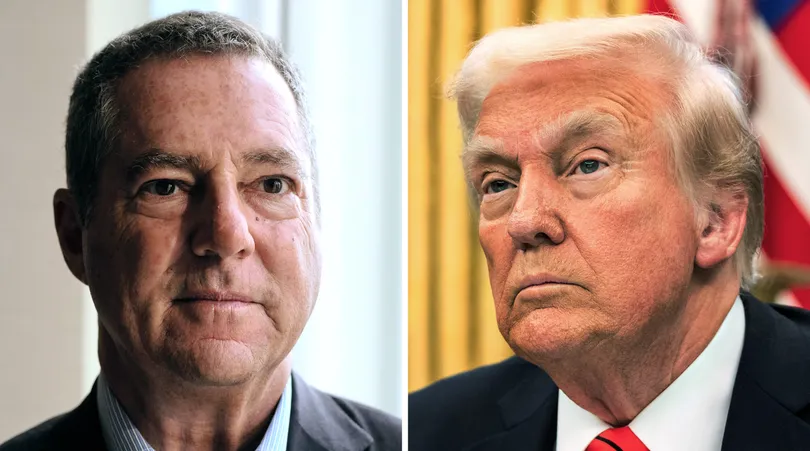President Donald Trump has rescinded a controversial executive order targeting powerhouse law firm Paul, Weiss, Rifkind, Wharton & Garrison LLP, after the firm agreed to a set of sweeping concessions—including $40 million in free legal services to support Trump administration initiatives.
The move marks a dramatic reversal of the executive action issued just days earlier, which sought to cut off the firm's federal contracts and revoke its attorneys’ security clearances, citing alleged conflicts of interest and political bias.
Why the Firm Was Targeted
The original executive order, signed on March 14, 2025, was aimed squarely at Paul Weiss’s past involvement in investigations concerning Donald Trump, particularly through former partner Mark Pomerantz, who played a key role in legal probes into the former president.
The Trump administration also took issue with the firm's diversity, equity, and inclusion (DEI) hiring policies, claiming they promoted discrimination against certain groups and conflicted with federal hiring standards under Trump’s second-term directives.
What Paul Weiss Agreed To
Under pressure, Paul Weiss entered negotiations with the White House and emerged with a deal that included:
- $40 million in pro bono legal work to assist Trump administration efforts, including veterans’ services and legal aid for White House-led programs combating antisemitism.
- A full review and rollback of DEI-based hiring criteria, in line with the administration’s policies limiting identity-based hiring.
- A formal disavowal of Pomerantz’s past legal actions against Trump, which the administration framed as politically motivated.
These concessions paved the way for Trump to officially cancel the executive order on March 20, restoring the firm’s standing with the federal government.
“Paul Weiss is a great law firm,” Trump said at a press conference. “They’ve shown they’re willing to work with us, put America first, and correct past mistakes. We’re moving forward.”
The reversal has set off a wave of reaction across the legal world. Some critics have called it a “deeply troubling precedent”, accusing the White House of weaponizing executive power against private legal firms. Others say it’s simply the latest example of Trump’s transactional approach to governance: punish until paid, then pardon.
Civil liberties groups have warned that the episode could chill legal independence and discourage attorneys from taking on politically sensitive cases.
Meanwhile, conservative allies praised the outcome as a victory against “woke legal culture”, claiming Paul Weiss’s willingness to backtrack on DEI hiring practices signals a broader shift among elite institutions under Trump-era pressure.
More Law Firms in the Crosshairs?
Paul Weiss may not be the last firm to face this kind of scrutiny. Legal insiders say other firms—like Perkins Coie and Covington & Burling, both with histories of Democratic affiliations—could be next in line as the Trump administration continues its crackdown on what it calls “politically compromised legal operators.”
This episode is about more than one law firm—it’s about the growing clash between executive power and legal independence in an era of hyper-politicized governance. Trump may have backed off this time, but the message is clear: work with the administration, or risk getting sidelined.
The Paul Weiss pivot has saved its federal access—for now. But at what cost to the legal profession's autonomy?

